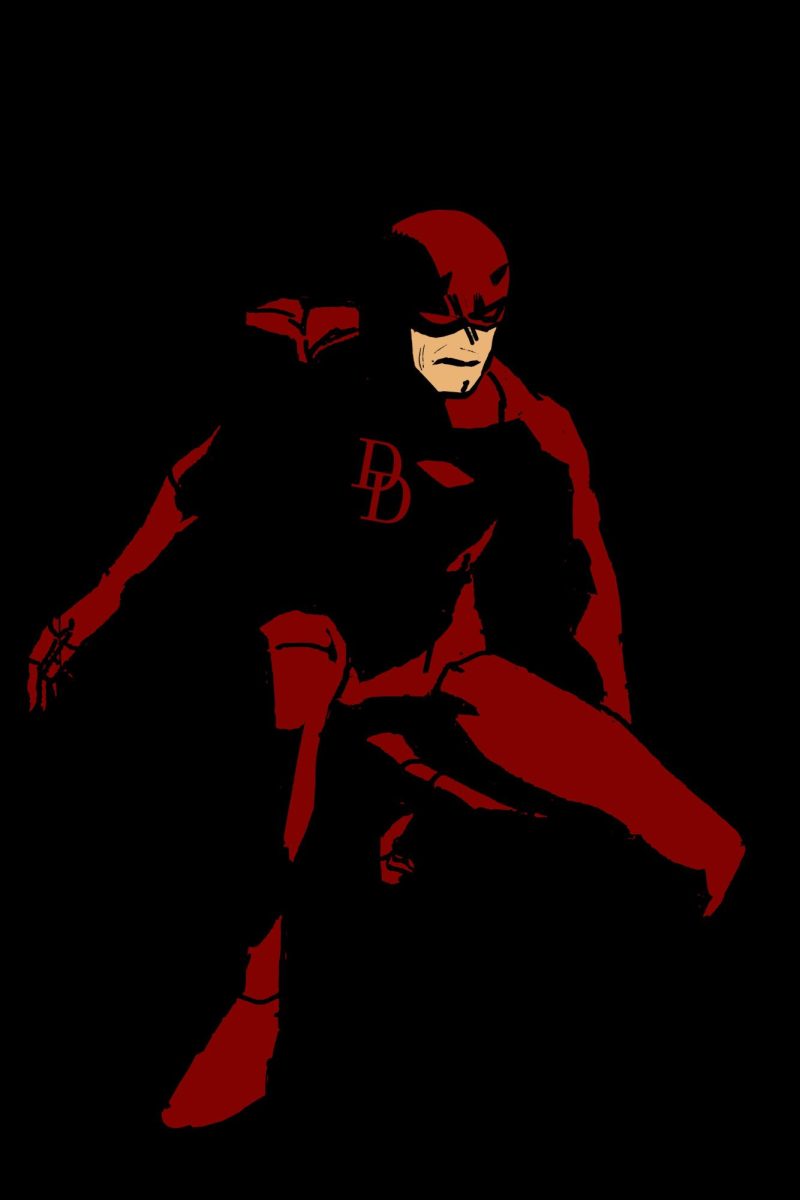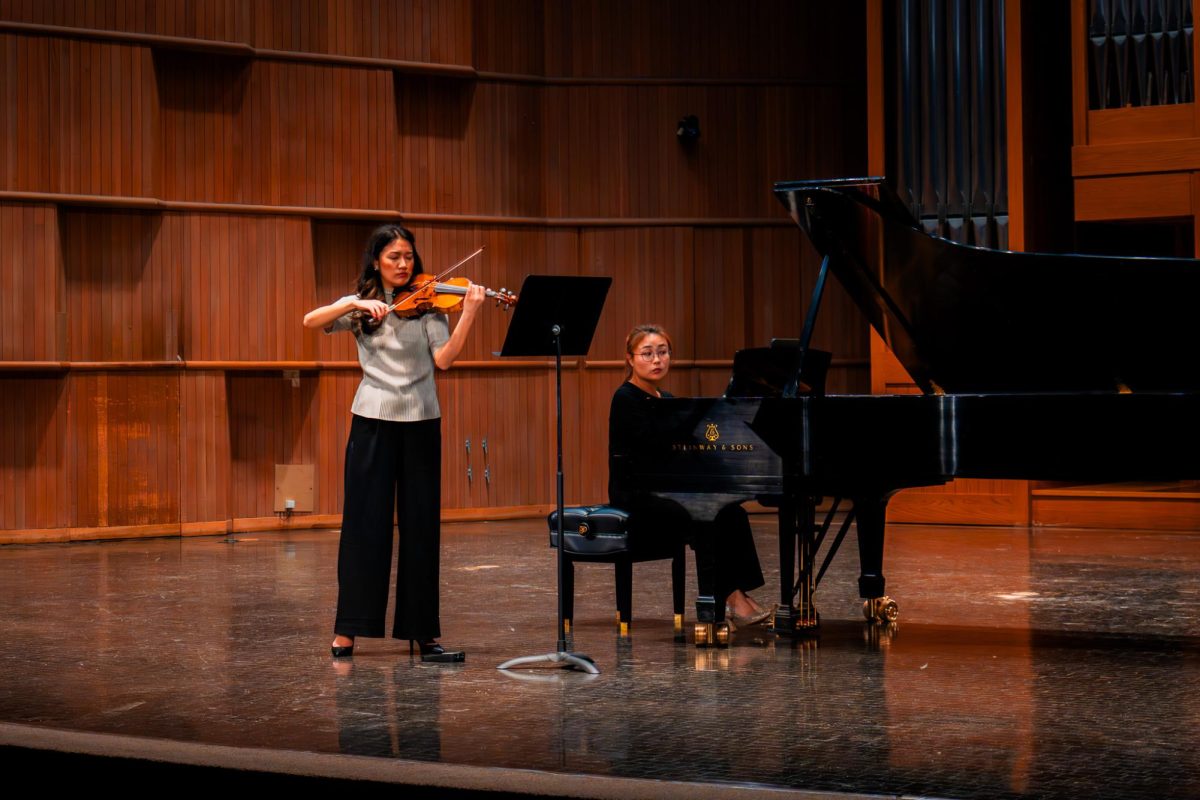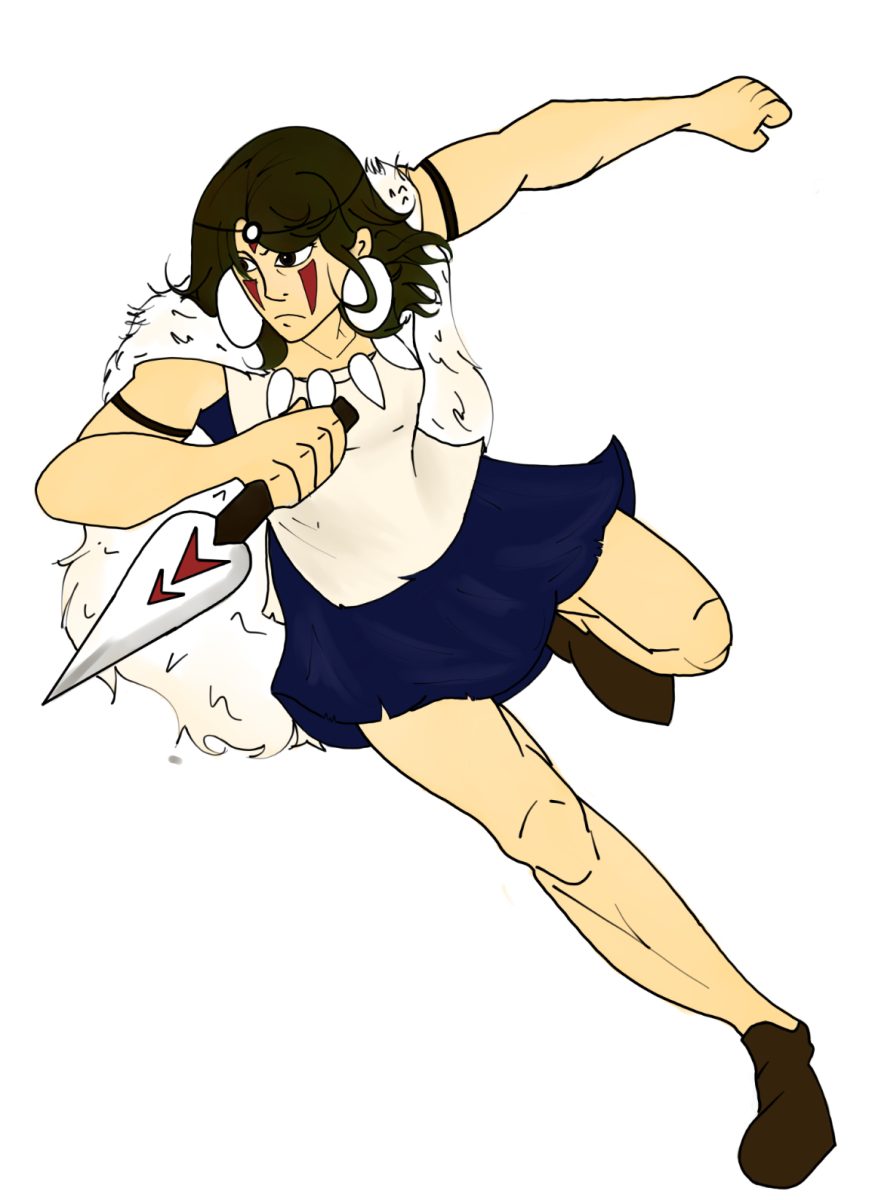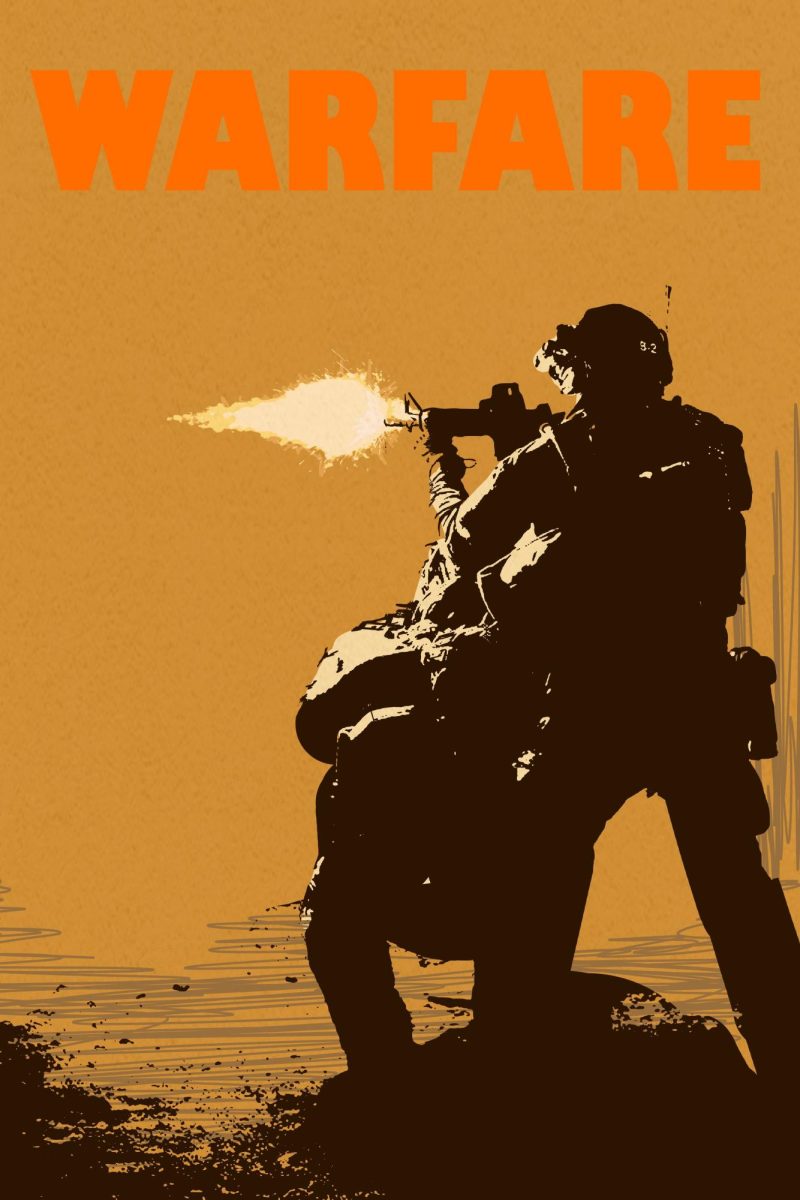
Spoiler warning: This article discusses spoilers for “Gladiator II”
Starring Paul Mescal and Denzel Washington, “Gladiator II” is Ridley Scott’s extravagant sequel to his critically acclaimed “Gladiator,” which starred Russell Crowe as Maximus — a Roman general turned gladiator.
“Gladiator II” takes place 16 years after the death of Maximus at the end of the first film and stars Mescal as Lucius — the little boy featured in the original film as the son of Lucilla, Maximus’ love interest. Lucius is the grandson of Marcus Aurelius, the emperor who sought to restore the Roman Republic in the first film. In the sequel, he is also revealed to be the biological son of Maximus as the product of an affair, which allows the film to strengthen the connection between their new lead and Crowe’s beloved character.
The film follows Lucius as he returns to Rome after spending years in exile, going by the alias Hanno, and he takes up Maximus’ mission of restoring Rome to a Republic. Hanno arrives in Rome as an enslaved gladiator — after the Roman army destroys his home in Numidia and kills his wife — seeking vengeance against the Roman general Acacius, played by Pedro Pascal. Rome is under the leadership of the vicious twin emperors Geta, played by Joseph Quinn, and Caracalla, played by Fred Hechinger. Hanno is promised the head of Acacius by Washington’s character, Macrinus, but Hanno gives up his thirst for vengeance as the movie progresses when he realizes he can save Rome from tyranny. The film ends with him taking control of Rome after a duel with Macrinus, who sought to become emperor, in order to finally restore the republic.
The film’s greatest strength is its fight scenes, from hand-to-hand combat to elaborate battles. Excellently choreographed and filmed fights pervade the movie, which is rated R, and are a treat for lovers of on-screen violence. Scott did not hold back at any point, raising the stakes from the first film to even greater heights. Where “Gladiator” had a tiger in the Colosseum, “Gladiator II” had a ferocious rhino and sharks during the naumachia scene. That scene, in which the Colosseum is filled with water to recreate a sea battle, is half truth and half fiction. The naumachia did exist, but the construction of the Colosseum in Rome made it impossible for one to have been hosted there.
Mescal holds his own against the legendary Washington, who gives a flamboyant and fun performance as the ruthless Macrinus. While emulating the spirit of Crowe’s Maximus, Mescal’s Lucius makes for a great leading man who balances drama, action and humor effectively.
The movie’s greatest flaw is the obvious edits to make a theatrical runtime. The story of the sequel is much more complex than the first one, with more characters to develop in more or less the same time. Scott told the media he might release a director’s cut later on, something he does often, and hopefully he will. Some characters, such as General Acacius and the twin emperors, suffer from their lack of screen time, and it leaves the audience searching for more depth. Its other big fault is the death of Lucilla, who is killed off in a dramatic but unnecessary moment to add more suffering to Mescal’s character. Her death does not alter the outcome of the plot at all nor is it given the time she deserved as one of the first movie’s most important characters.










